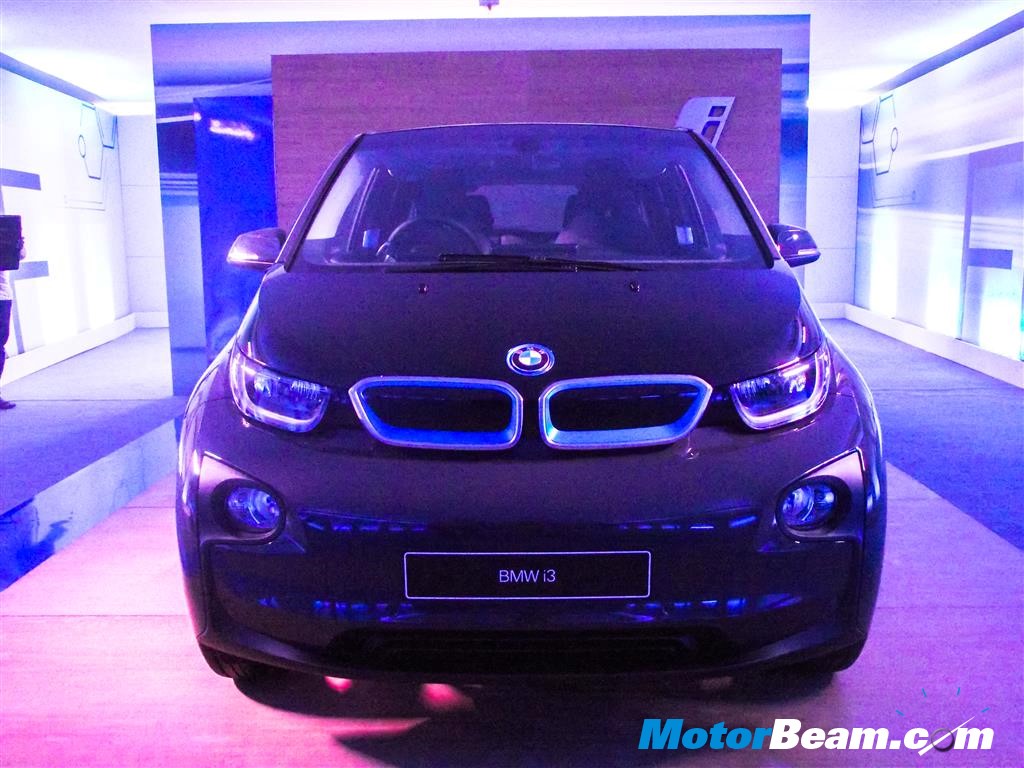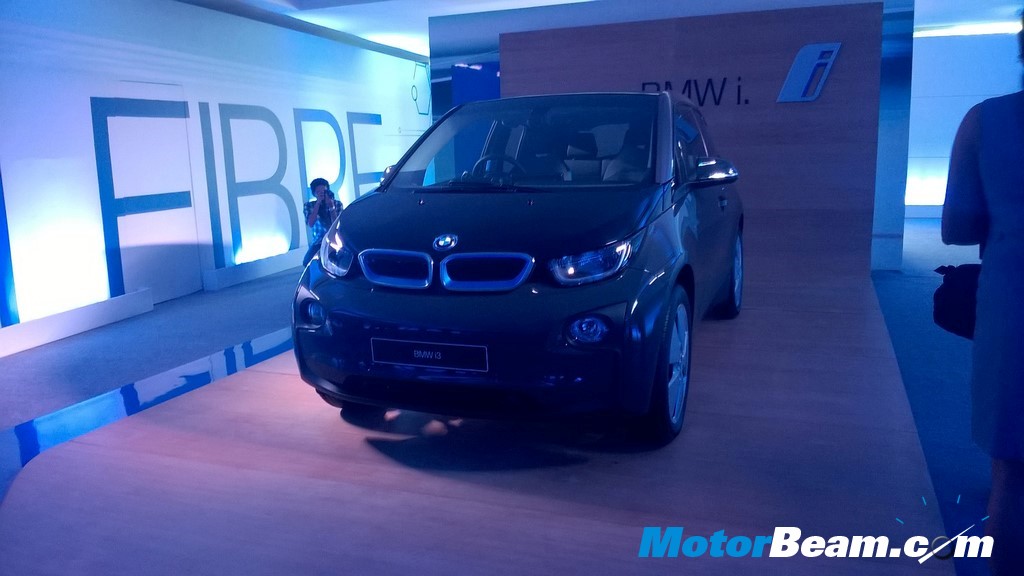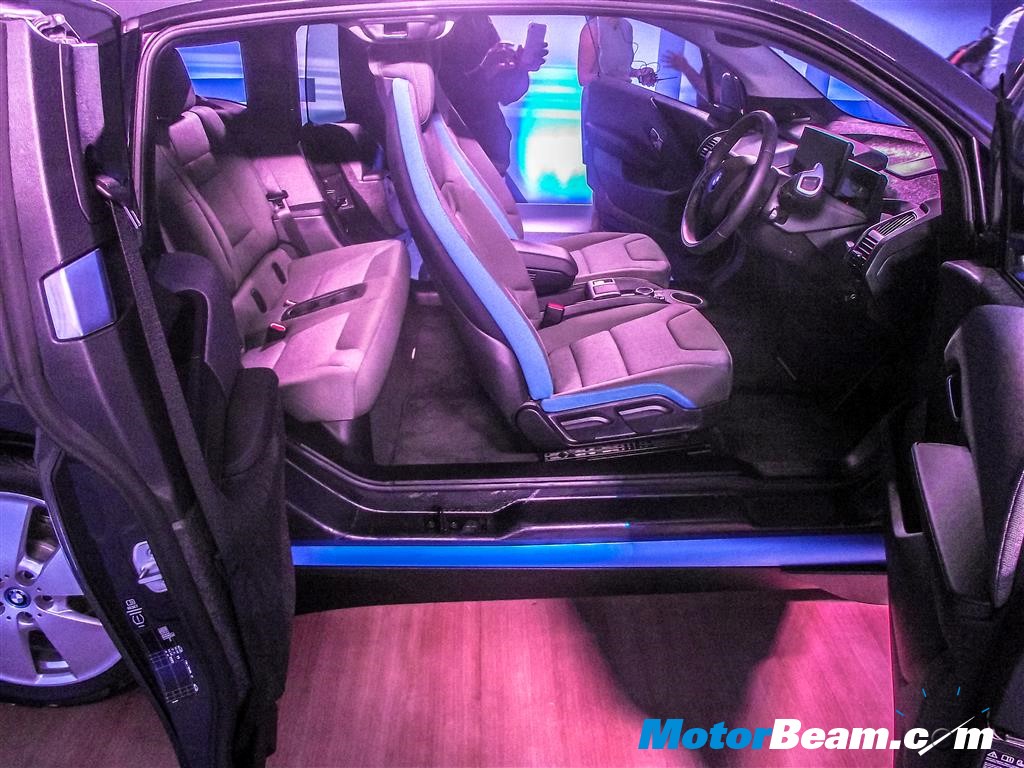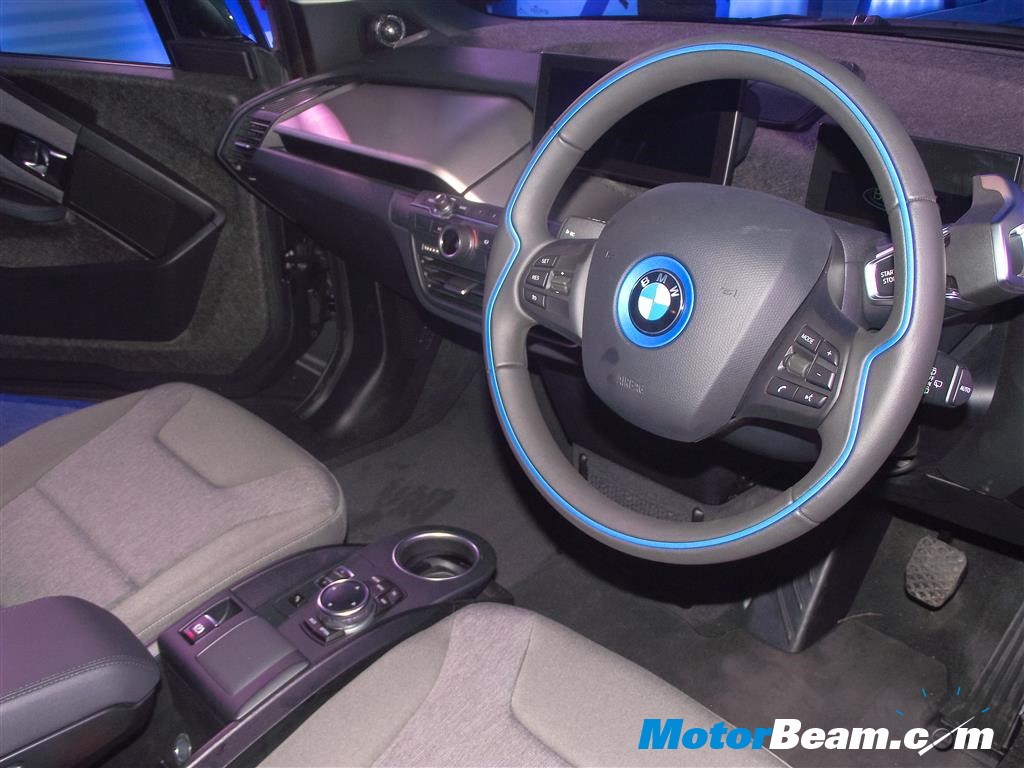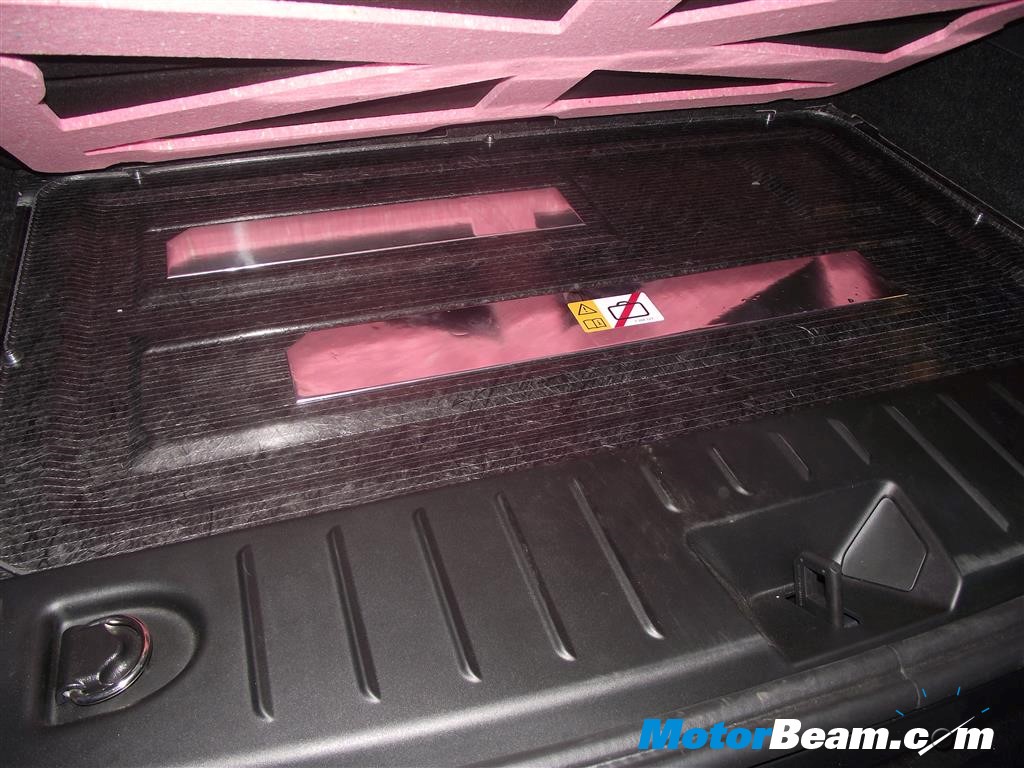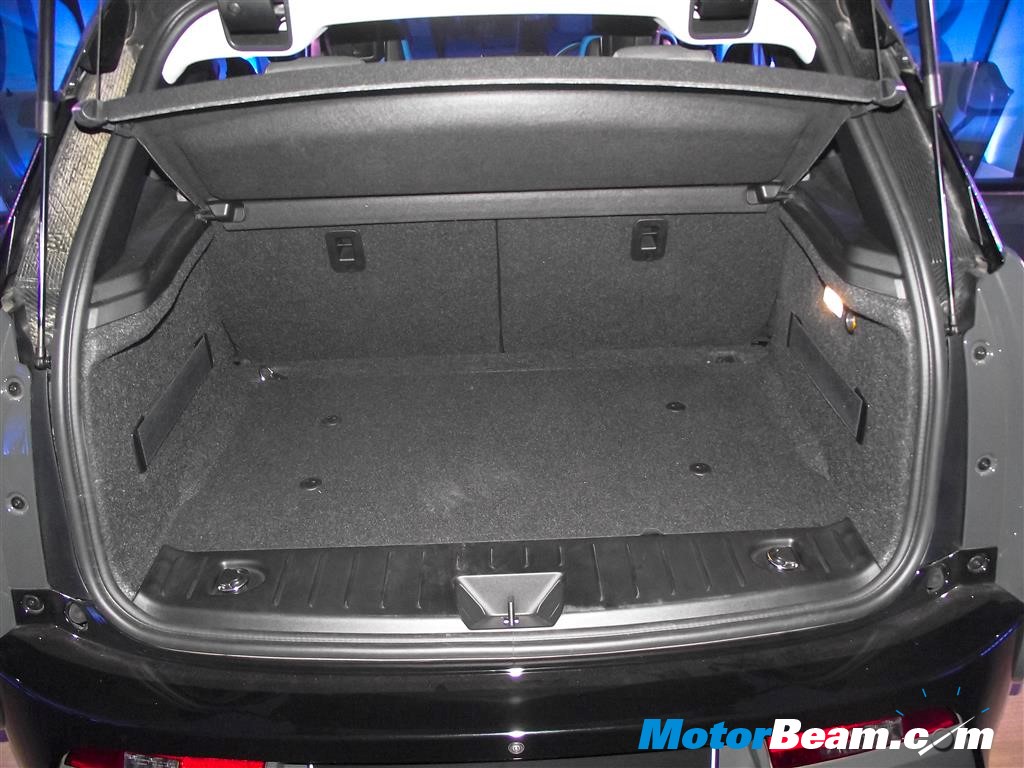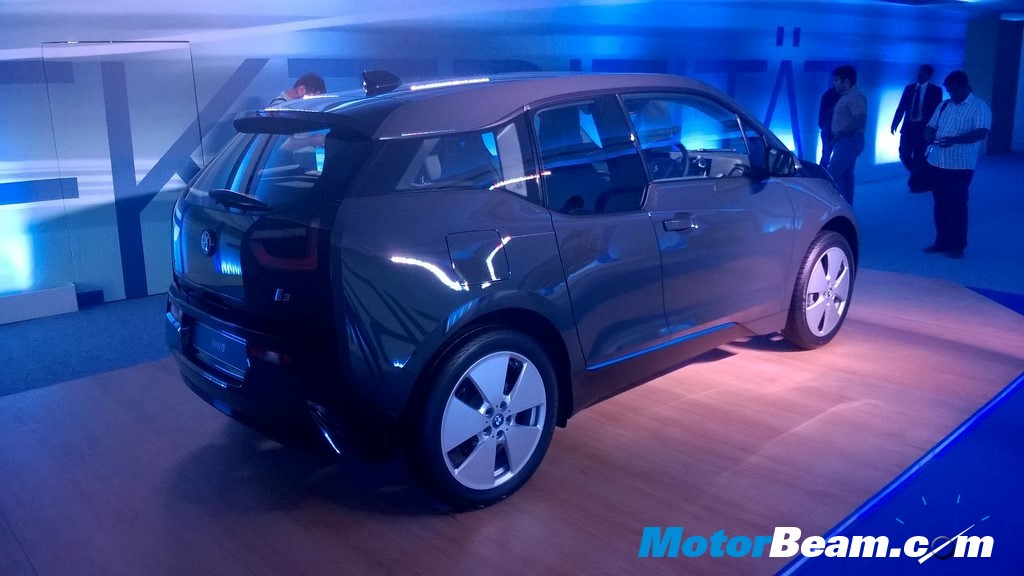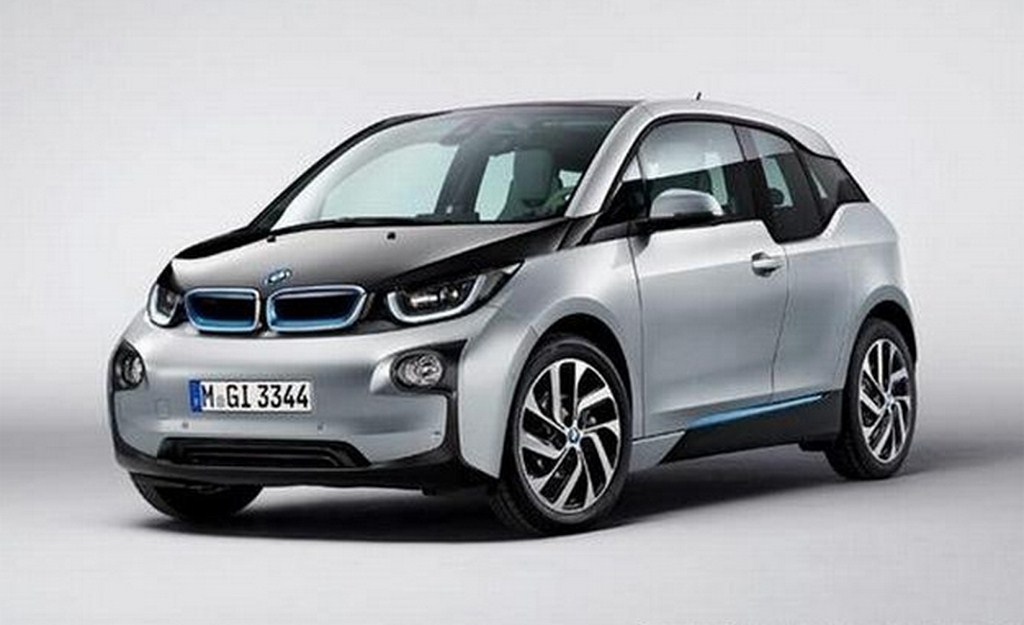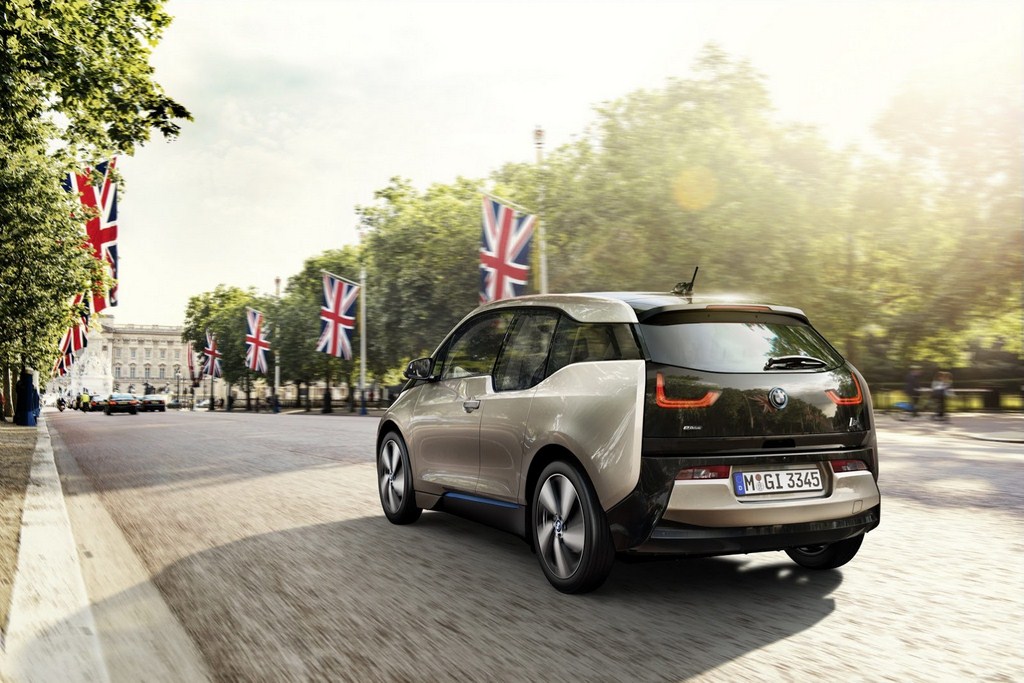BMW India displayed the i3 at the i8 launch event. The i3 is expected to be launched in India in the future.
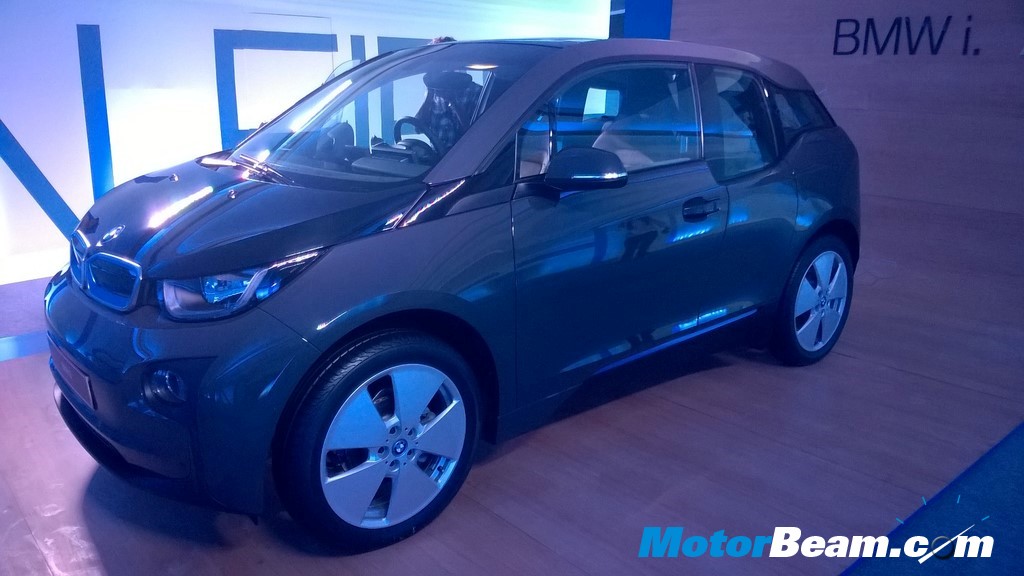
BMW entered the mass-produced electric car segment with the launch of the i3 in the year 2013. The i3 is a part of BMW’s ‘Project I’ and was launched under a new sub-brand, BMW i. The i3 is BMW’s first zero-emissions vehicle and is only equipped with an electric motor. BMW is the first company to use carbon fibre reinforced plastic (CFRP) in a volume production car in order to improve vehicle’s energy consumption. The vehicle has a range of up to 200 kms in the most efficient driving mode and ends up running for about 140 kms in normal driving conditions.
The BMW i3 also comes with an option of a range extender which is powered by a 647cc twin-cylinder petrol engine with a small fuel tank that engages when the battery level falls below a specified level and acts as a generator to charge the battery pack, extending the range to about 240 kms under normal driving conditions. Talking about the car’s looks, it doesn’t look impressive from any angle. The design is quirky and looks odd from most angles. The interiors lack features and do not even come with electric controllable seats. The build quality does feel a bit flimsy and the electric vehicle doesn’t really feel like a BMW.
Since the vehicle’s launch in September 2013, BMW has managed to sell more than 18,000 units of the i3 worldwide. They will be getting the i3 to India in the future if the government supports electric vehicles and offers some benefits for such vehicles. The Indian government should give benefits so as to make these cars more affordable and within the reach of more people. This would help people shift from conventional cars to electric cars which will be a move towards a greener and cleaner nation. Currently all electric and hybrid cars in the nation have very low demand due to no support from government, resulting in high prices.
